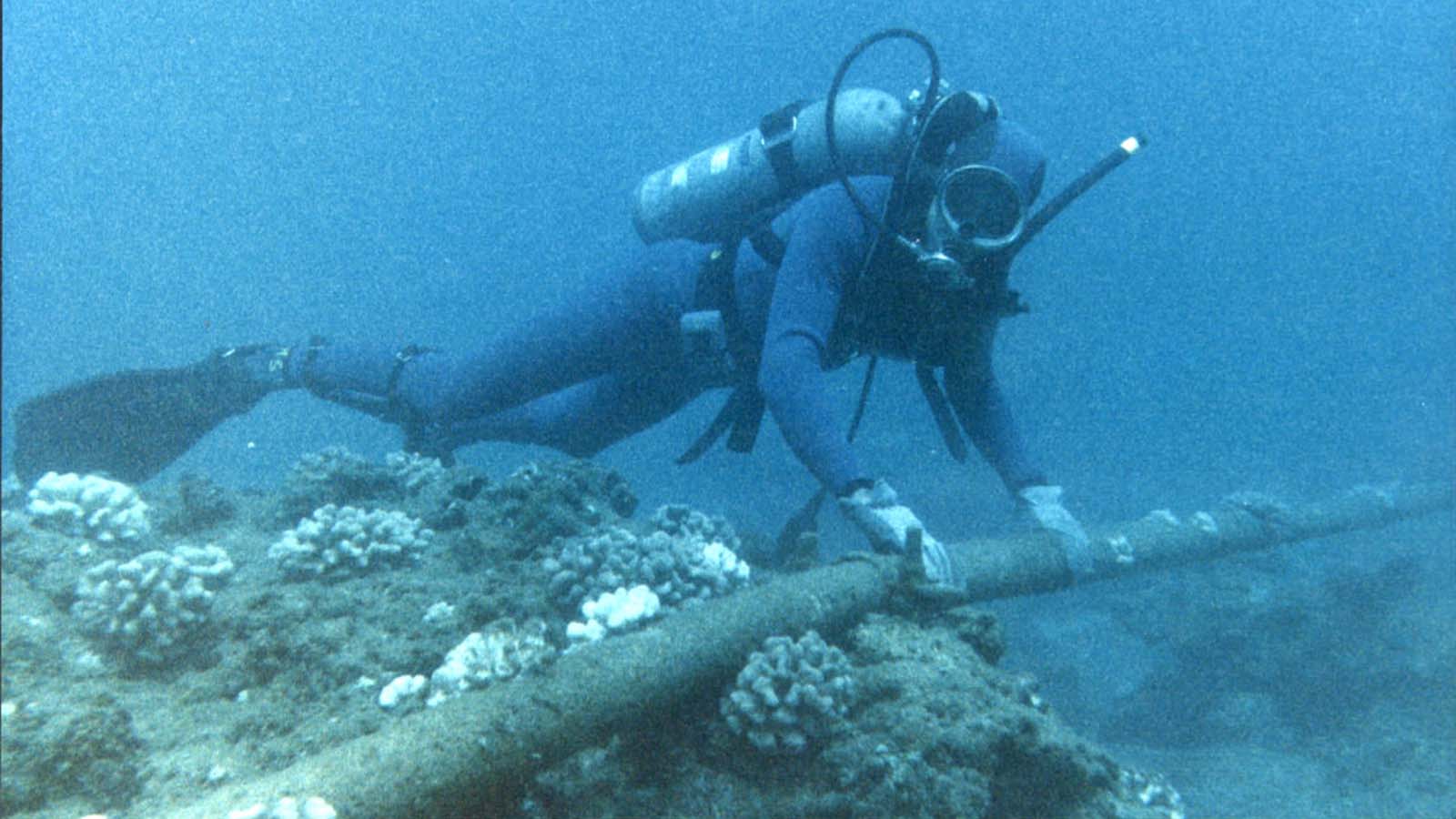The end of VPN in Eastern Europe? This massive new subsea cable project looks to bypass Russia entirely - so is this a new age for Internet safety
Kardesa could reroute data flows and reshape the balance of online power

- New subsea routes promise independence but expose new risks across unstable regions
- The Black Sea has become the next frontier in Europe’s digital sovereignty struggle
- Cable sabotage fears have turned telecom infrastructure into a national security issue
A new undersea cable project is set to link Bulgaria, Georgia, Turkey, and Ukraine without passing through Russian waters.
The new Kardesa route, expected to begin construction in 2027, would establish a new digital corridor between Europe and Asia, one that avoids the political and physical vulnerabilities of existing systems.
Currently, the Submarine Cable Map shows only one cable crossing the Black Sea between Georgia and Bulgaria, with others connecting nearby states but still touching routes influenced by Moscow.
Security beneath the waves
The Kardesa line could therefore change regional internet routing by providing a more direct and independent link, at a time when the security of global data transfer remains uncertain.
Recent incidents in the Red Sea have revealed how fragile undersea networks can be, after several cables were disrupted and global traffic slowed between Europe, Asia, and the Middle East.
The idea behind Kardesa, and other projects such as Meta’s planned 50,000-kilometer global cable, is to ensure that when one path fails or is sabotaged, another can maintain service.
Some call this “route diversity,” and it is quickly becoming a strategic priority rather than a technical one.
Sign up to the TechRadar Pro newsletter to get all the top news, opinion, features and guidance your business needs to succeed!
Countries are now investing in systems that can detect or deter sabotage. Germany’s AP Sensing developed sonar-based monitoring tools to identify interference.
For more security, NATO has started using drones to patrol maritime routes that host vital infrastructure.
Even so, the claim that bypassing Russia automatically makes the internet safer invites skepticism.
Routing changes might avoid one geopolitical hotspot but expose others. Ukraine, through which part of the Kardesa cable will pass, remains a zone of uncertainty.
The plan to run the cable only through internationally recognized safe areas might limit risk but cannot remove it entirely.
Likewise, avoiding Russia does not protect against cyber intrusion or remote interference with signal infrastructure.
As with digital privacy tools such as the best VPN or secure router, physical safeguards offer only part of a complex solution.
If this new connection succeeds, it could mark a shift in how Europe and its partners view online independence.
Via Tom's Hardware
Follow TechRadar on Google News and add us as a preferred source to get our expert news, reviews, and opinion in your feeds. Make sure to click the Follow button!
And of course you can also follow TechRadar on TikTok for news, reviews, unboxings in video form, and get regular updates from us on WhatsApp too.

Efosa has been writing about technology for over 7 years, initially driven by curiosity but now fueled by a strong passion for the field. He holds both a Master's and a PhD in sciences, which provided him with a solid foundation in analytical thinking.
You must confirm your public display name before commenting
Please logout and then login again, you will then be prompted to enter your display name.